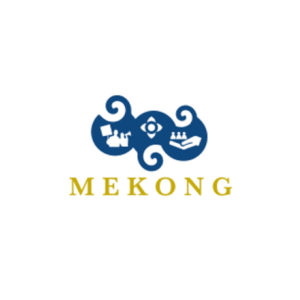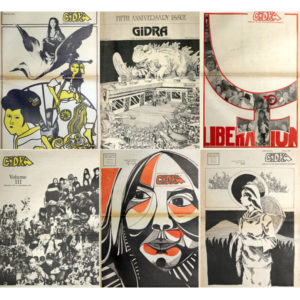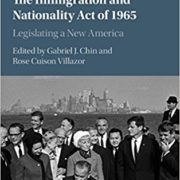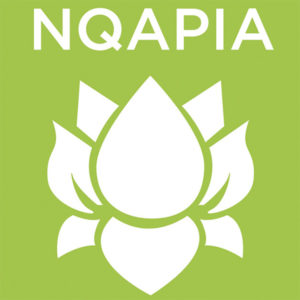Mekong NYC
/by JingyYorkProject Voice (Podcast)
/by JingyYorkGidra: 1960’s Asian American Zine
/by JingyYorkImmigration and Nationality Act of 1965
The 1965 act marked a radical break from the immigration policies of the past. The law as it stood then excluded Asians and Africans and preferred northern and western Europeans over southern and eastern ones.[2] At the height of the civil rights movement of the 1960s the law was seen as an embarrassment by, among others, President John F. Kennedy, who called the then-quota-system “nearly intolerable”.[3] After Kennedy’s assassination, President Lyndon Johnson signed the bill at the foot of the Statue of Liberty as a symbolic gesture.
In order to convince the American populace – the majority of whom were opposed to the act – of the legislation’s merits, its liberal proponents assured that passage would not influence America’s culture significantly. President Johnson called the bill “not revolutionary”, Secretary of State Dean Rusk estimated only a few thousand Indian immigrants over the next five years, and other politicians, including Senator Ted Kennedy, hastened to reassure the populace that the demographic mix would not be affected; these assertions would later prove wildly inaccurate.[4] In line with earlier immigration law, the bill also prohibited the entry into the country of “sexual deviants”, including homosexuals. By doing so it crystallised the policy of the INS that had previously been rejecting homosexual immigrants on the grounds that they were “mentally defective” or had a “constitutional psychopathic inferiority”.
White House Initiative on AAPI (blog)
On October 14, 2009, President Barack Obama signed the Executive Order reestablishing the White House Initiative on Asian Americans and Pacific Islanders (Initiative). The Initiative, co-chaired by U.S. Department of Education Secretary Arne Duncan and Assistant to the President and Cabinet Secretary Chris Lu, is housed within the U.S. Department of Education, and led by Executive Director Kiran Ahuja. The Initiative works to improve the quality of life and opportunities for Asian Americans and Pacific Islanders by facilitating increased access to and participation in federal programs where they remain underserved.
The Executive Order also established the President’s Advisory Commission on Asian Americans and Pacific Islanders and the Federal Interagency Working Group. Working in conjunction, the Commission and Federal Interagency Working Group are comprised of individuals, executive branch departments, agencies, and offices representing a broad spectrum of fields and programs impacting Asian Americans and Pacific Islander communities.
The Initiative works collaboratively with the White House Office of Public Engagement and the designated Federal agencies to increase Asian American and Pacific Islander participation in programs in education, commerce, business, health, human services, housing, environment, arts, agriculture, labor and employment, transportation, justice, veterans affairs and economic and community development.
The Initiative seeks to highlight both the tremendous unmet needs in the Asian American and Pacific Islander communities as well as the dynamic community assets that can be leveraged to meet many of those needs. The Initiative focuses on crosscutting priority areas that may reach across all issue areas and agencies, including, for example, advancing research, data collection, analysis and dissemination for Asian Americans, Native Hawaiians and Pacific Islanders, and ensuring access, especially linguistic access and cultural competence, for Asian Americans and Pacific Islanders and encouraging Asian American and Pacific Islander involvement in public service and civic engagement opportunities.
This historic Executive Order initiates another avenue of access to the federal government for Asian American and Pacific Islander communities and affirms President Obama’s commitment to Asian American and Pacific Islander communities.
NQAPIA
The National Queer Asian Pacific Islander Alliance is a federation of LGBTQ Asian American, South Asian, Southeast Asian and Pacific Islander Organizations. NQAPIA seeks to build the capacity of local LGBT AAPI organizations, invigorate grassroots organizing, develop leadership, and challenge homophobia, racism, and anti-immigrant bias.
MISSION
The Visibility Project uplifts stories and images of the national queer Asian Pacific American women and transgender community. We seek to change the narrative of our present and past by sharing our histories.






